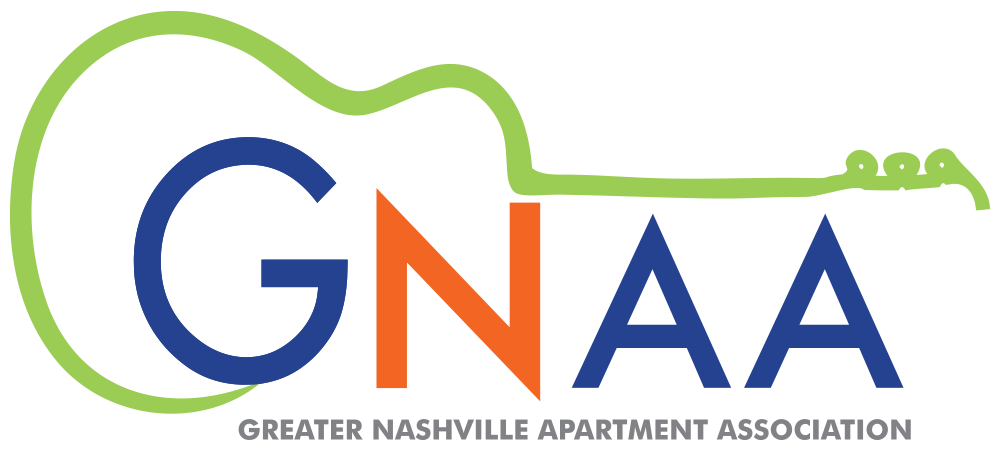Metro Action's Assistance Portal is Closed - What Now?

Metro Action’s Assistance Portal is Closed – What Now?
In March 2021, Nashville’s Metropolitan Action Commission (MAC) opened its online portal for Davidson County residents seeking rental assistance. With varying degrees of success, speed, and efficiency, over the following 15 months, MAC would distribute nearly $60 million in rental assistance.
That online portal is now closed to new applications. MAC announced in May that as of June 30, 2022, the portal would be closed to new applications, as they expected the pending applications would exhaust their remaining funds. What does that mean for Nashville landlords and their residents?
MAC has affirmed that they remain fully staffed and able to continue to process and approve the applications that are already pending. Their indication in May was that the current applications and any new applications received in the month of June will “obligate the remaining funds allotted to the city by the US Treasury.” It remains unclear what will happen to pending applications if funding runs out before they are all satisfied.
For residents who do not have a pending MAC application, MAC has indicated in its press releases and announcements that beginning July 1, 2022, the Tennessee Housing Development Agency (THDA) will begin accepting applications for rental assistance from Davidson County residents until THDA’s funds are exhausted. Although THDA’s online portal hasn’t been updated as of this writing, MAC has repeatedly made the assertion that it soon will be updated.
MAC and THDA are two completely separate agencies. In order to receive assistance funding from THDA, Davidson County landlords will need to establish an account through THDA, even if they’ve already done so with Metro. There is a link at thda.org that can direct landlords (and residents) in that process.
What does all this mean for pending evictions in Davidson County? The Housing Resource Diversionary Court (HRDC) was created in advance of MAC’s online portal in an effort to connect landlords and tenants to these assistance funds. The General Sessions Judges entered an order shortly thereafter indicating that any non-payment eviction with a pending MAC application was to be transferred to the HRDC. This order remains in place. The Court will continue to meet, although less frequently, with current dates being set as far out as October. This is in anticipation of approval and payment of MAC’s pending applications. As always, it is best to file your detainer warrant immediately to avoid any further delays. Please note, cases where MAC has previously made payment and the resident has again failed to keep up with their rent will not be transferred to the HRDC.
With these new changes, the only eviction cases that should be transferred by the Court’s order are non-payment cases with applications that were filed before the MAC portal closed. Because MAC’s portal has now closed, residents can no longer file a new assistance application the day of court and delay the proceedings. This should eliminate at least some of the cases transferred to HRDC these first weeks of July, and any new eviction filings for non-payment of rents after July should be almost entirely unaffected by the Housing Court. How a pending application with THDA will affect the eviction process, if at all, is yet to be determined.
The agencies and judges involved in this process have agreed that a landlord cannot be compelled to accept rental assistance from any agency. In practice, the concept is not always applied consistently. Even in a situation where the landlord does not want to accept MAC funding through a previously filed application, the pending MAC application means that the HRDC will be involved and will routinely allow extra time – well beyond the normal timelines – for a resident to vacate.
If a landlord determines that they no longer want to accept rental assistance there are two things that should be done: (1) file the detainer warrant immediately, if it hasn’t already been filed, and (2) make sure your attorney knows that you do not want to accept rental assistance, whether from a pending MAC application or from a new THDA application. The sooner that the “landlord refusal” process starts, the sooner it will end.
The next meeting of the Housing Resource Diversionary Court is July 12, 2022. We hope to learn more about how these procedures and practices will evolve following the MAC portal’s closing and how the HRDC intends to operate over the next few months while the final remaining MAC applications are completed.

